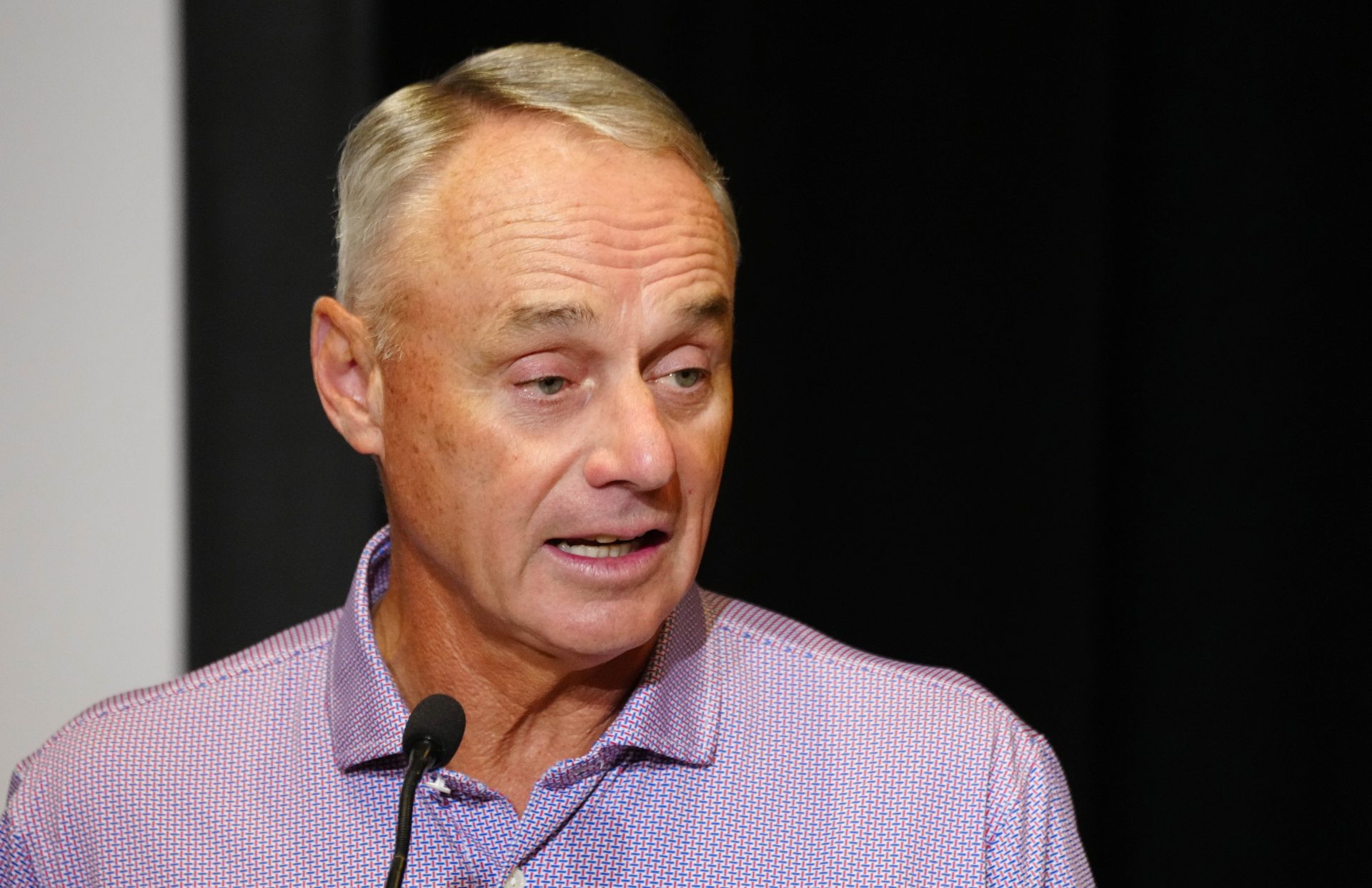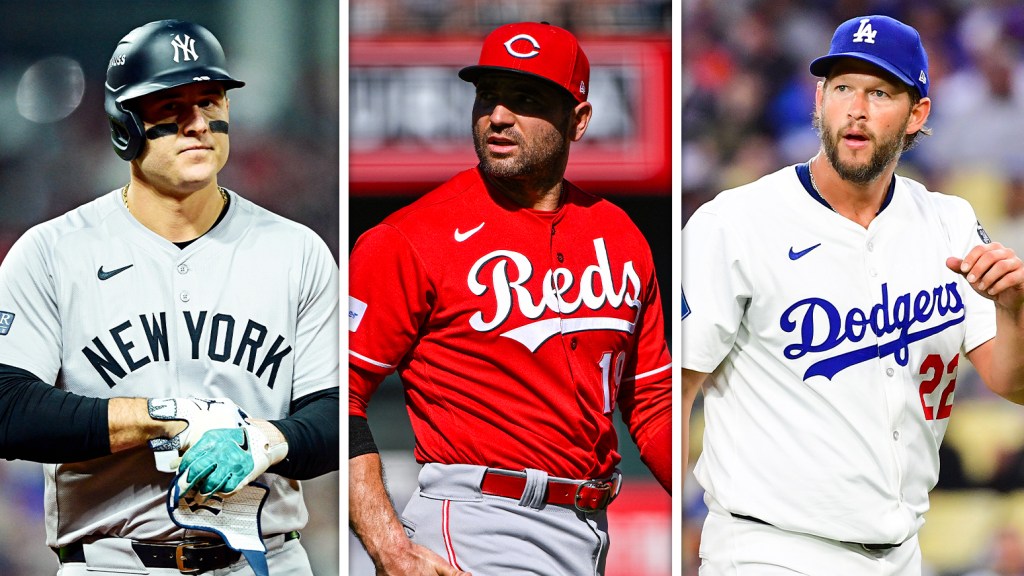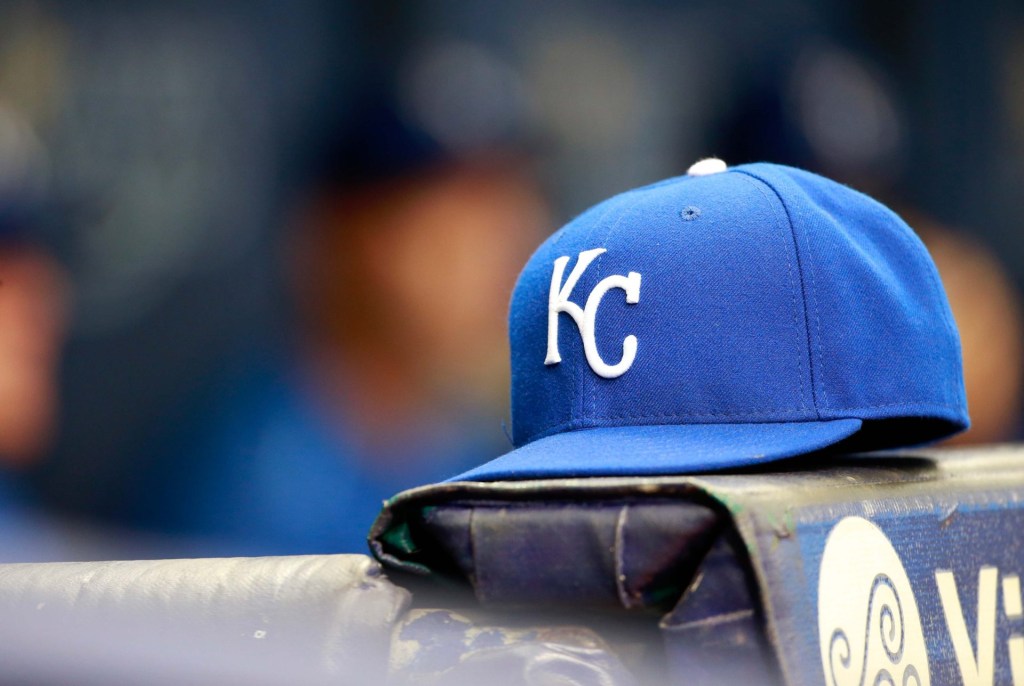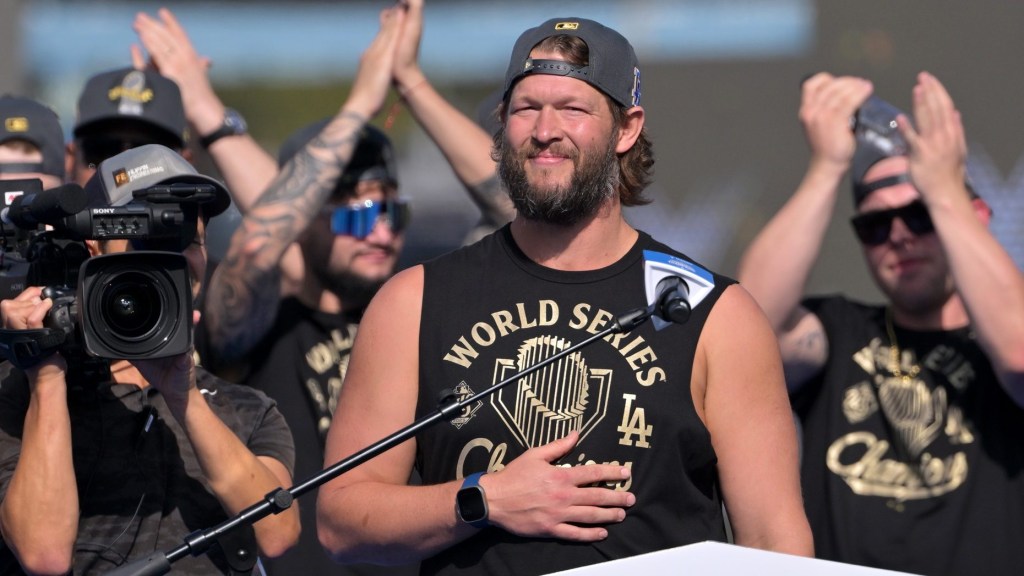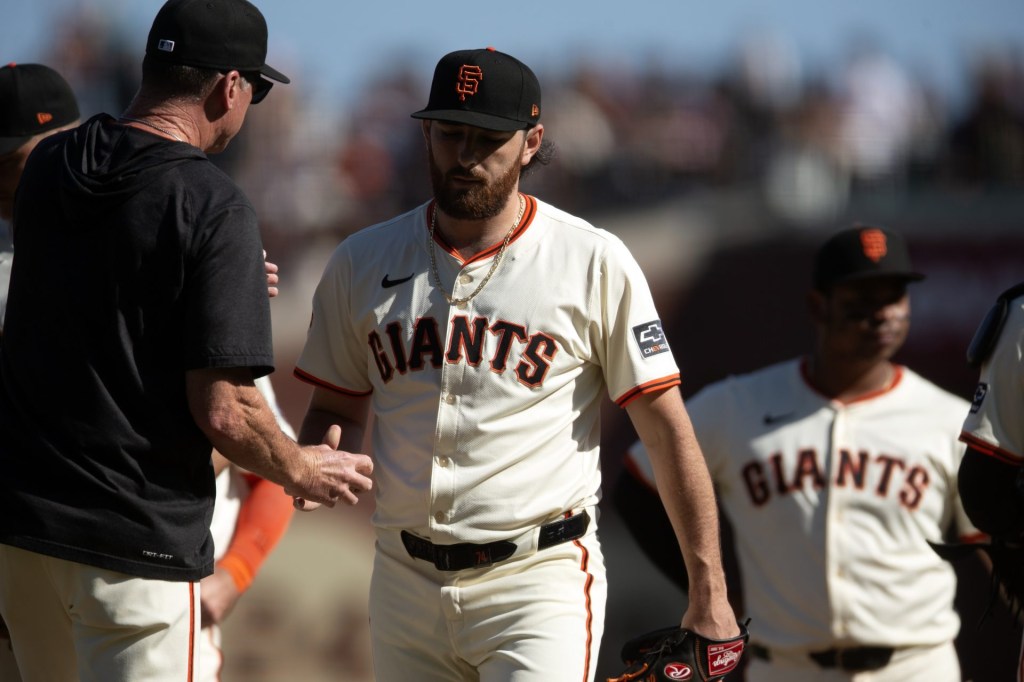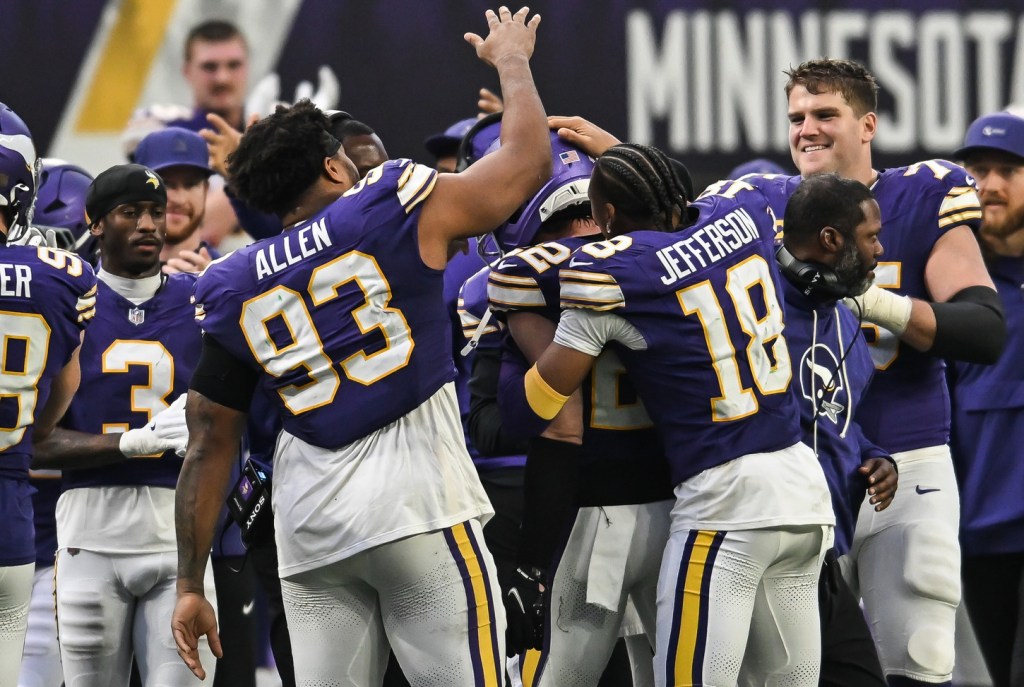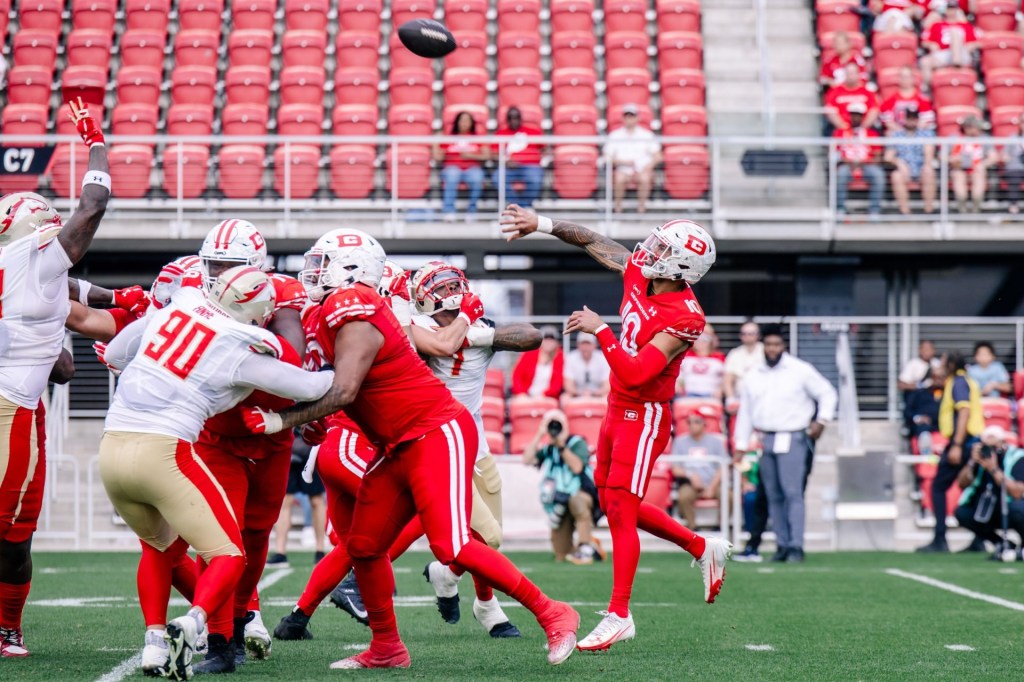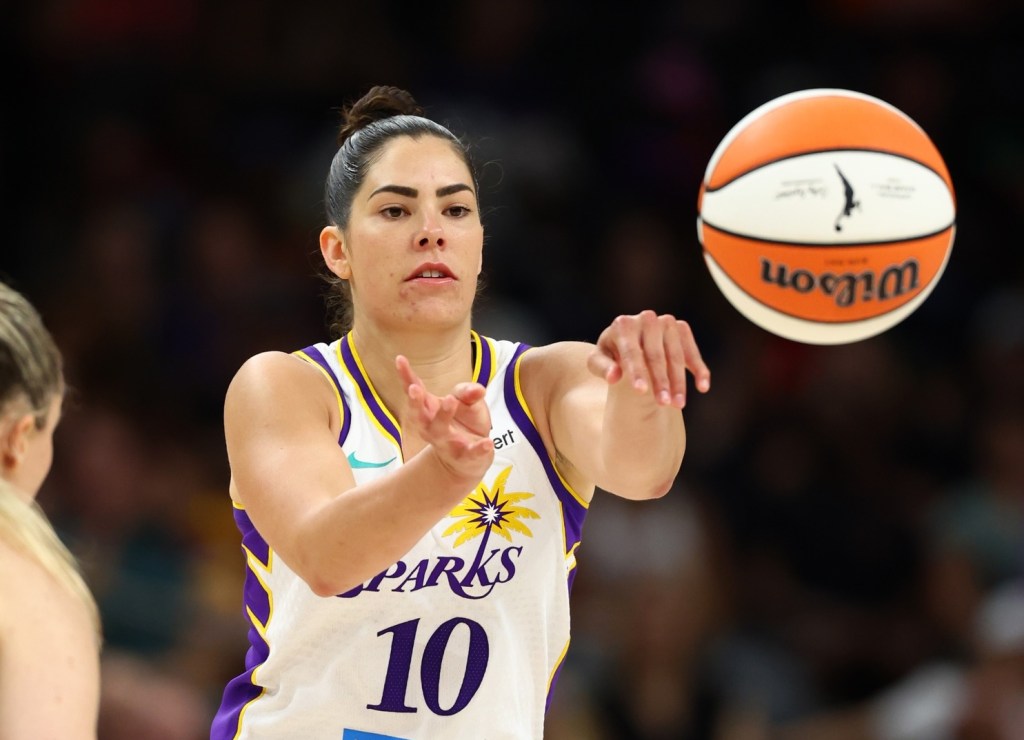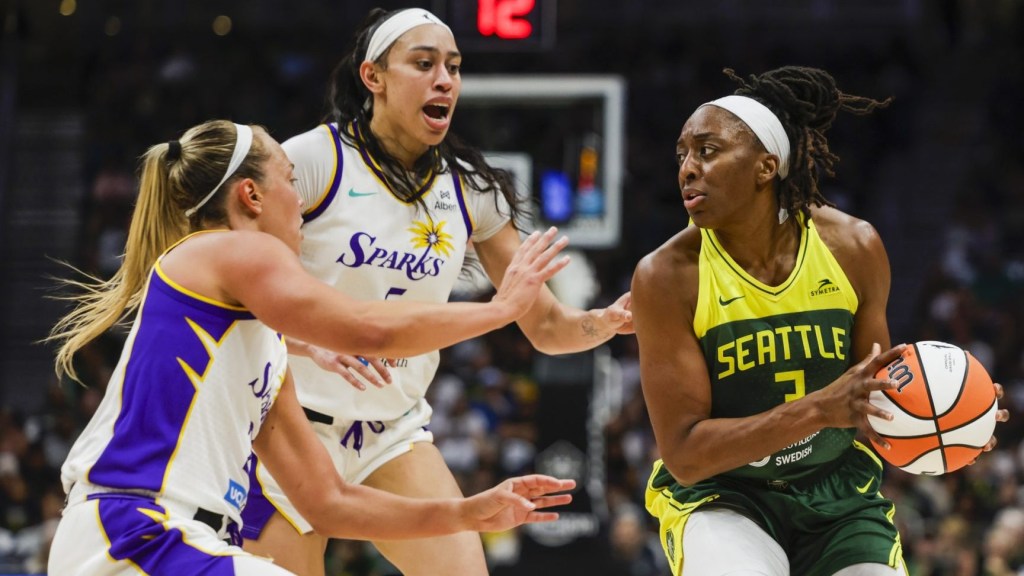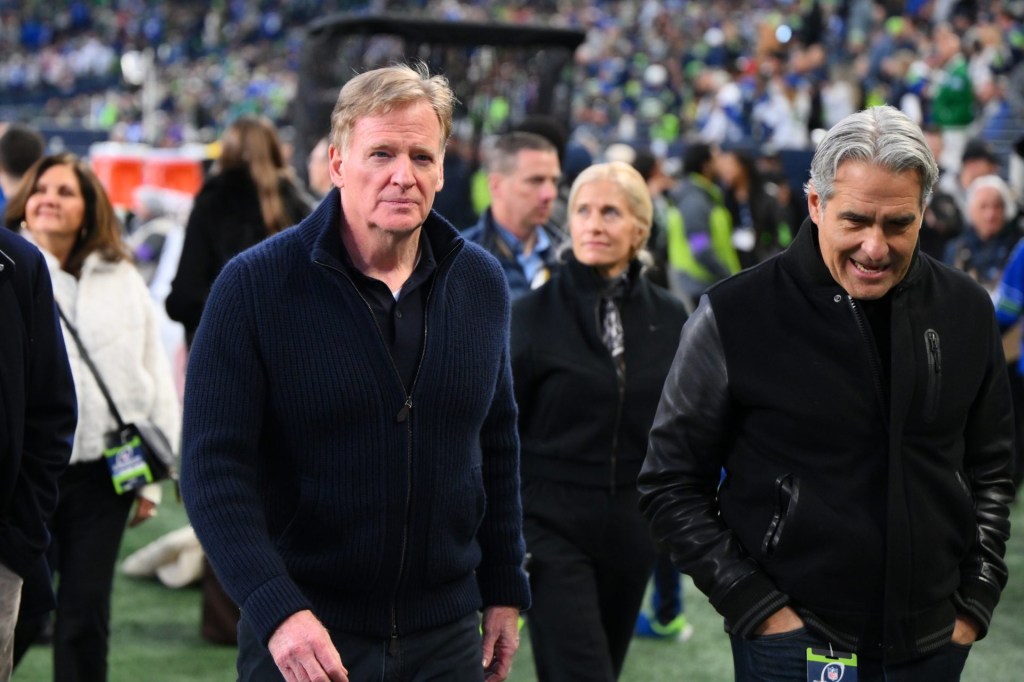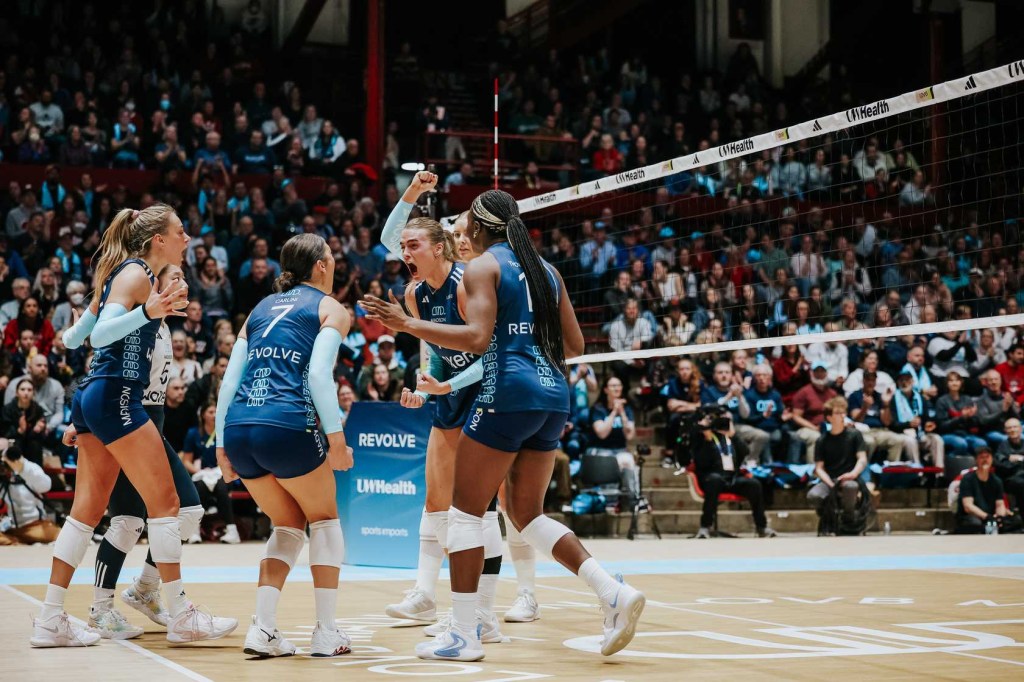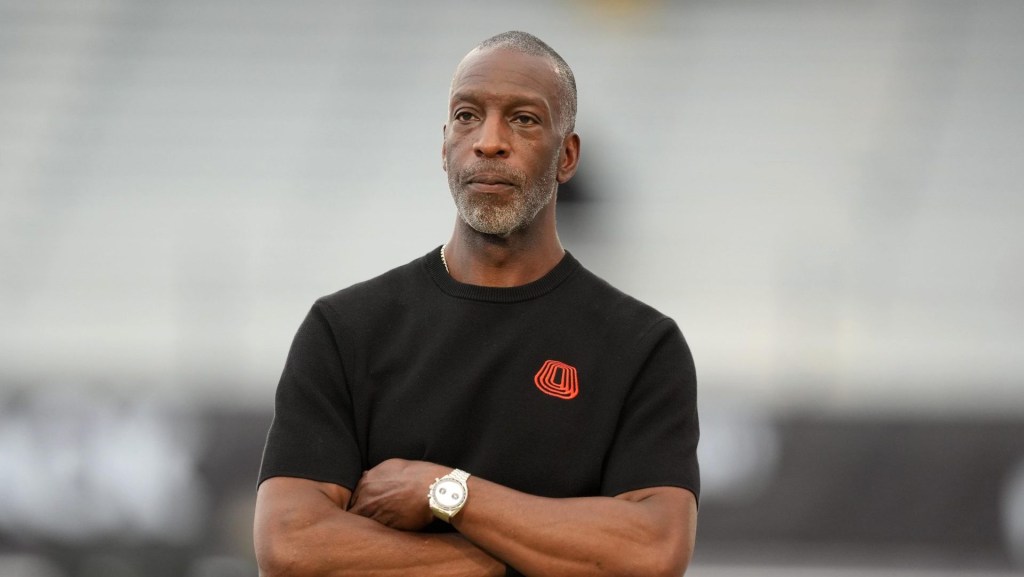Even though formal bargaining between MLB and the MLB Players Association is still nearly a year away, the league already has an emerging plan for the talks: Appeal directly to individual players to make the case for large-scale change.
Speaking at a recent investor day for the publicly traded Braves, MLB commissioner Rob Manfred said the owners plan to work as much as possible with rank-and-file players as they look to reshape baseball’s economic system.
“The strategy is to get directly to the players,” Manfred said. “I don’t think the leadership of this union is anxious to lead the way to change. So we need to energize the workforce in order to get them familiar with or supportive of the idea that maybe changing the system could be good for everybody.”
That messaging has already begun as Manfred has made his annual tours to meet with players in every market.
The current, five-year labor deal between the owners and players expires in December 2026, with talks likely to begin early next year. Manfred said earlier this month that no decisions have been made among clubs about whether they’ll push for a salary cap, something the MLBPA has resisted for decades. MLB owners, however, have broad notions in mind, including restructured revenue-sharing, new measures around “cost certainty, predictability, and competitive balance” in player compensation, and having a more defined period around free agency.
“Other sports, they have free agency, it’s about a month. There’s a lot of bidders,” Manfred said. “It’s a great marketing opportunity for the sport. Players have their choice of where to go. All positive. Our free agency is like the Bataan Death March. It starts the day after the World Series, and in February, really, really, good players are still wandering around the landscape.”
Lessons From the Past
Part of Manfred’s thinking around having a more direct appeal in the next labor round stems from player sentiment in the last one. Amid a bitter, 99-day lockout, the union’s executive subcommittee voted against the labor deal that MLB proposed and ultimately was ratified. That approval, a 26–12 vote that ended the lockout, happened after nearly every other MLBPA player representative disagreed with the executive subcommittee and supported the agreement.
Another lockout is widely anticipated around the sport. The labor situation, meanwhile, is developing as Manfred and MLB intend to significantly retool baseball’s media presence in 2028, when the league’s current national deals expire, and repackage those rights with local ones.
“We are pursuing a [media] strategy not dissimilar to what the NBA did,” Manfred said, referring to that league’s $77 billion set of new rights deals with Amazon, ESPN, and NBCUniversal that begin this fall.
The MLBPA attacked Manfred’s comments.
“At a time of resurgent attendance, record revenues, and increasing franchise values, MLB should be focused on further promoting our sport,” MLBPA executive director Tony Clark said in a statement to The Athletic. “Instead, their stated plan is once again to try to divide players from each other and their union in service of a system that would add to the owners’ profits and franchise values, while prohibiting clubs from fully competing to put the best product on the field for the fans and limited player compensation, guarantees, and flexibility.”
